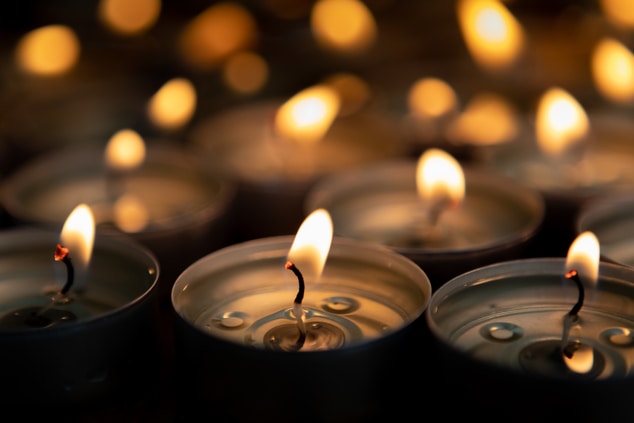Community Bereavement Resources

Hope for the Holidays, Healthy Grieving
November 28, 2019
New Home, New Life: Moving for a Change of Scenery After a Death
March 24, 2020Dying and grief are a natural part of life, and though everyone experiences it at some point, this process can feel extremely isolating. Many people are afraid to publicly express grief, don’t want to burden others with their pain, or are simply not sure where to turn for help. You may be surprised to learn that there are many community bereavement resources if you know where to look. These resources include hospice groups, grief camps, counseling groups, and of course, traditional one on one grief counseling.
Even if your loved one did not receive hospice care in their final days, many hospices still offer general support to the public. Support includes things like group counseling, phone support, short-term counseling, literature about grief, and even volunteers who are there for people to talk to. Hospice can be used as an expert resource in handling grief and handling times of personal crisis. For children especially, hospices have been at the forefront of bereavement education programs, group sessions after school for those affected by death, and teach school counselors useful tools when working with children. In 2008, Arizona State University even developed a 12-week psychoeducational programs that helps both surviving parents and children, leading to better psychological outcomes down the road.
Another unique grief resource is grief camps. This is generally designed with children in mind and kids can go to a camp for a weekend or week and work with grief counselors and volunteers. Also, they will be around peers going through the same thing. Depending on the age group, activities include art, play, storytelling, movement exercises, group rituals, and more to help children express their grief.
Similar to the sense of community fostered at a grief camp, is the sense of community found in counselling groups. Counselling groups are professionally facilitated self-help groups open to the public at large and generally for free. Open groups allow members to come as often or as little as they like. Structured groups may offer a preset program with different topics for each session, aimed at educating group members. An unstructured group generally follows the needs of the group members and the sessions change depending upon who is in attendance. Social support is important in grief recovery so even attending a group without participating has a therapeutic effect.
For those who prefer more privacy than a group offers or need more one on one attention, bereavement counseling is a valuable resource offered in nearly every city across the country. Oftentimes people don’t think they have the means for individual counseling, but many hospice groups offer counseling on a sliding-scale fee basis. The main objective of counseling is to find a way to express grief and to help the person progress through the stages of mourning. Stage one is accepting the reality of a loss, stage two is to process the pain, stage three is to adjust to the new world without the person, and stage four is to find a connection with the deceased person while still going forward with life. Prolonged and/or delayed grief can lead to internal and external problems in all areas of a person’s life. Check that the counselor you have found is certified in thanatology, through the Association for Death Education and Counseling.
Dealing with grief does not mean losing connection with a loved one who has died, but in order to move forward, mourners need to get to a place where their sadness and pain do not preoccupy life. Nobody should be expected to stop grieving before they are ready, but if you or someone you know is suffering from pathological grief, these community resources can be a great place to start on your bereavement journey.
Max Gottlieb is the content manager for Senior Planning. Senior Planning helps seniors and their families navigate the complicated terrain of long-term care planning.


